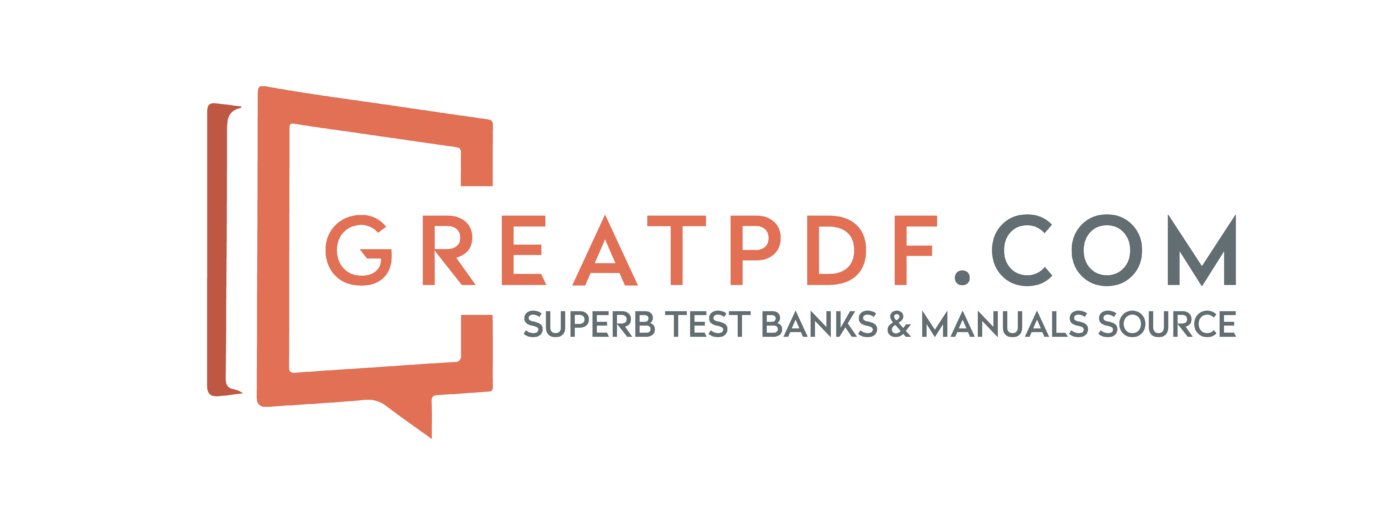Hiring for a small business is far from an overnight task. The meticulous process of reviewing applications, interviewing candidates, and negotiating salaries can consume valuable time and resources, potentially diverting attention from critical business obligations. To alleviate this burden, many employers are turning to staffing agencies, which streamline the search for qualified candidates, saving both time and effort.
What Exactly is a Staffing Agency?
A staffing agency serves as an intermediary between employers seeking to fill vacant positions and individuals searching for employment opportunities. These agencies cater to various types of job placements, including temporary, temp-to-hire, and direct hire positions. While some agencies maintain a pool of pre-screened candidates, others actively recruit individuals to meet specific job requirements. Leveraging platforms like LinkedIn and job boards such as Indeed, staffing agencies employ targeted recruitment strategies to identify suitable candidates, particularly for specialized roles.
Understanding the Staffing Agency Process
In a landscape where finding qualified talent remains a significant challenge for small businesses, partnering with a staffing agency can offer a solution. The process typically involves several steps:
- Engagement: Employers initiate contact with a staffing agency, providing details such as job responsibilities, required qualifications, and hiring timelines.
- Job Description Creation: The staffing agency crafts a comprehensive job description and advertises the position, either publicly or by reaching out to potential candidates directly.
- Candidate Vetting: Upon receiving applications, the agency rigorously assesses candidates’ qualifications and conducts interviews to identify the most suitable individuals.
- Final Decision: The employer evaluates the agency’s top candidates through interviews before making the final hiring decision.
- Paperwork Handling: Staffing agencies manage all administrative tasks associated with new hires, including contracts, payroll, and tax-related documentation.
Evaluating the Cost of Using a Staffing Agency
While the convenience of leveraging staffing agencies is undeniable, it comes at a cost. These agencies typically charge a percentage of the hired employee’s wages, ranging from 25% to 100%. Additionally, employers may incur additional fees for position filling or transitioning temporary workers to permanent roles.
Benefits of Utilizing Staffing Agencies
Staffing agencies offer several advantages that can significantly benefit small businesses:
- Efficiency: Streamlined recruitment processes help expedite hiring, reducing the time and resources spent on candidate searches.
- Workload Reduction: By entrusting hiring responsibilities to staffing agencies, internal teams can focus on core business functions, enhancing overall productivity.
- Flexibility: Staffing agencies facilitate the acquisition of temporary or part-time workers, allowing businesses to adjust their workforce according to fluctuating demands.
- Specialized Hiring: Agencies specializing in niche industries possess the expertise to identify and recruit candidates with specific skill sets, addressing critical talent gaps.
Navigating the Potential Drawbacks
Despite their advantages, staffing agencies are not without drawbacks:
- Cost Considerations: Employing staffing agencies incurs additional expenses, which may not always align with a company’s budgetary constraints.
- Cultural Misalignment: Agencies may lack deep insights into a company’s culture, potentially leading to mismatches between candidates and organizational values.
- Impact on Team Dynamics: Relying solely on staffing agencies for hiring can diminish opportunities for team bonding and integration, particularly with temporary workers.
Dispelling Common Misconceptions
Challenges associated with staffing agencies often stem from misconceptions:
- Perceived Expense: While the upfront costs of staffing agencies may seem prohibitive, the time-saving benefits and improved hiring quality often outweigh the expenses in the long run.
- Quality of Candidates: Contrary to belief, candidates sourced through staffing agencies are often highly qualified, bringing diverse experiences and skill sets to the table.
Initiating Collaboration with a Staffing Agency
Establishing a successful partnership with a staffing agency requires careful consideration:
- Selection Criteria: Choose a reputable agency known for its professionalism and commitment to quality recruitment practices.
- Clear Communication: Clearly communicate your hiring needs and organizational culture to facilitate the search for suitable candidates.
- Legal Compliance: Ensure that the agency adheres to legal requirements concerning worker classification and payroll obligations.
- Continuous Feedback: Maintain open communication with the agency, providing feedback on candidates’ performance to enhance future recruitment efforts.
Striking the Right Balance
Deciding whether to fully rely on staffing agencies depends on various factors, including organizational needs, hiring urgency, and budget considerations. Balancing internal recruitment efforts with external agency support can optimize hiring outcomes and align with business objectives.
Conclusion
In conclusion, staffing agencies offer valuable assistance in navigating the complex landscape of recruitment, providing small businesses with access to qualified talent and streamlining hiring processes. While their services come at a cost, the benefits of efficiency, flexibility, and specialized expertise often outweigh the associated expenses. By carefully evaluating their options, communicating effectively, and fostering collaborative partnerships, businesses can leverage staffing agencies to meet their hiring needs effectively and efficiently.
